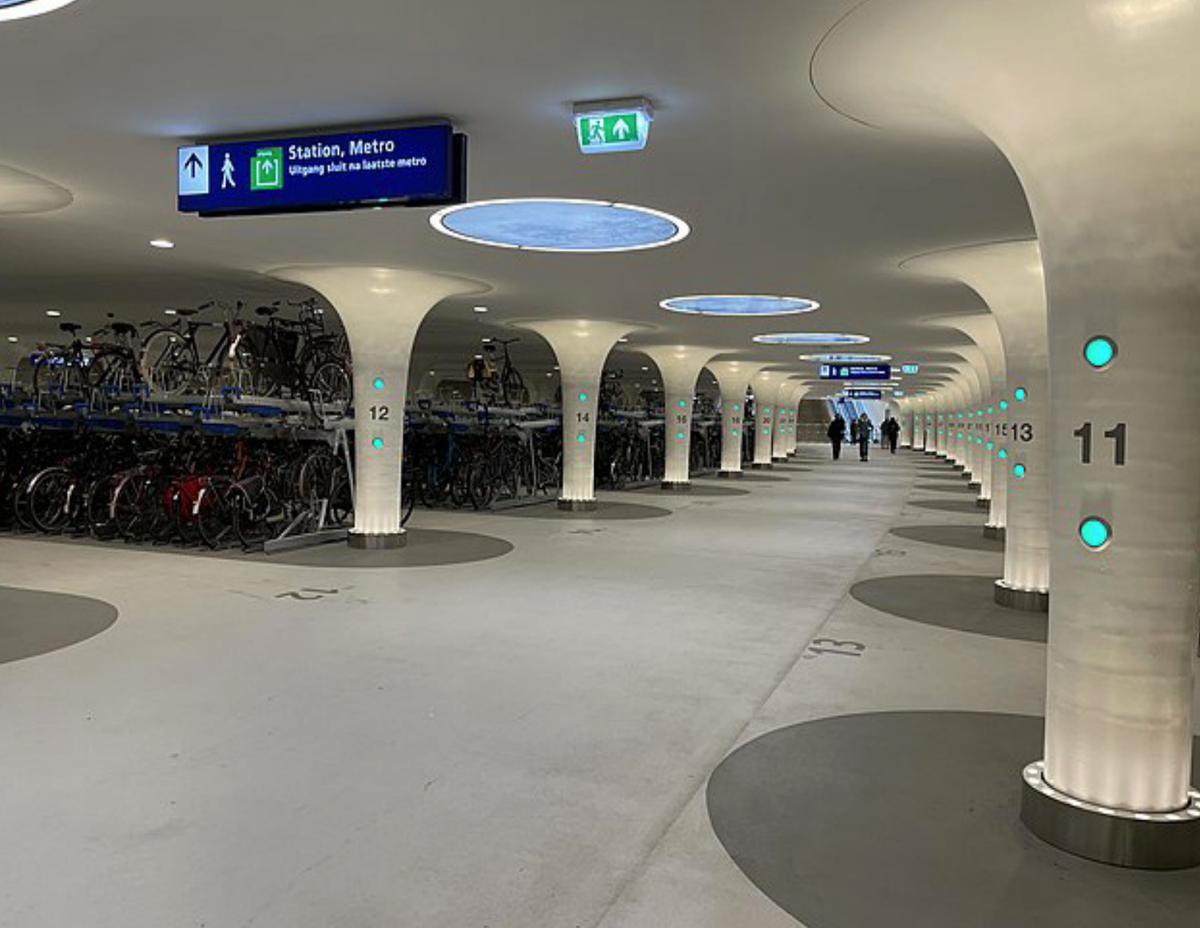Can greener be cheaper?
Exploring the narrative of ‘it’s cheap being green’ is Science writer Allanah Hibbert, who outlines how the cost-of-living crisis can inspire us all to make sustainable choices for a better future.

Earlier this year, Davos 23 gathered in Switzerland and reiterated the need to have a unified, global approach to tackling climate change. However, this global unity lasted merely a week before the US attempted to coax green companies from Europe onto their soil to boost their economy. Even though countries need to work together to tackle climate change together, the economic climate was considered more important than the environmental one.
Rishi Sunak also recommitted to the £11.6 billion international climate fund but has not reassured the nation that the timescale will be the same. Is this a subtle attempt of cutting the budget due to the looming recession?
Balancing cost cutting with environmental responsibility
On a more individual level, 50% of the UK population has cut costs since September, but at what environmental price? Cheaper food items usually coincide with a higher carbon footprint. Rising fuel costs tend to make unsustainable methods of producing it more attractive.
The issue of climate change is still important to many in Britain and the world, but the cost-ofliving crisis has changed priorities.
We narrow down our options based on cost, not sustainability. But we can still use this to our advantage. We can see that some choices we have made as a result of the cost-of-living crisis have also helped the environment, such as using a bicycle rather than a car, or storing leftovers rather than wasting them.
The cost-of-living crisis provides a unique opportunity for a new storyline.
Embracing ‘it’s cheap being green’
It is cheap being green. Take the motto reuse, reduce, recycle. Reusable coffee cups often result in a discount in your morning coffee and decreases the amount of single-use coffee cups used (you can save 50p per coffee at Pret!).
Reducing food waste can provide you with lunches and potentially saves UK households up to £700 a year.
Finally, recycling cuts down on manufacturing and production costs, and refurbished items are cheap and reduce the waste of natural resources.
The 'it is cheap being green' narrative has been tried in the past but the current crisis has given it a new voice that people might sincerely listen to. We want cheap, and we want a good conscience. This narrative can provide both.
But is this narrative accurate, or is it a statement made up to make us feel better? It’s true that green living does require sacrifice whichever way it is spun, including input from the government and businesses.
But even without any reforms, we are currently seeing sustainable choices being chosen for cost, and all we need to do is flip the mindset around to show how cheap choices can help the environment. Pick Vinted over Primark, eat veggie meals a few times a week, and store your leftovers for lunch rather than throwing them away. Instead of seeing green living as a burden on our tightened budgets, we need to see it as an aid. And as we make more green choices on an individual level, we will encourage governments and businesses to join in on sustainable choices as they aim to meet consumer interests. Let’s turn an apparent conflict into the driving force to reach net zero by 2050.









